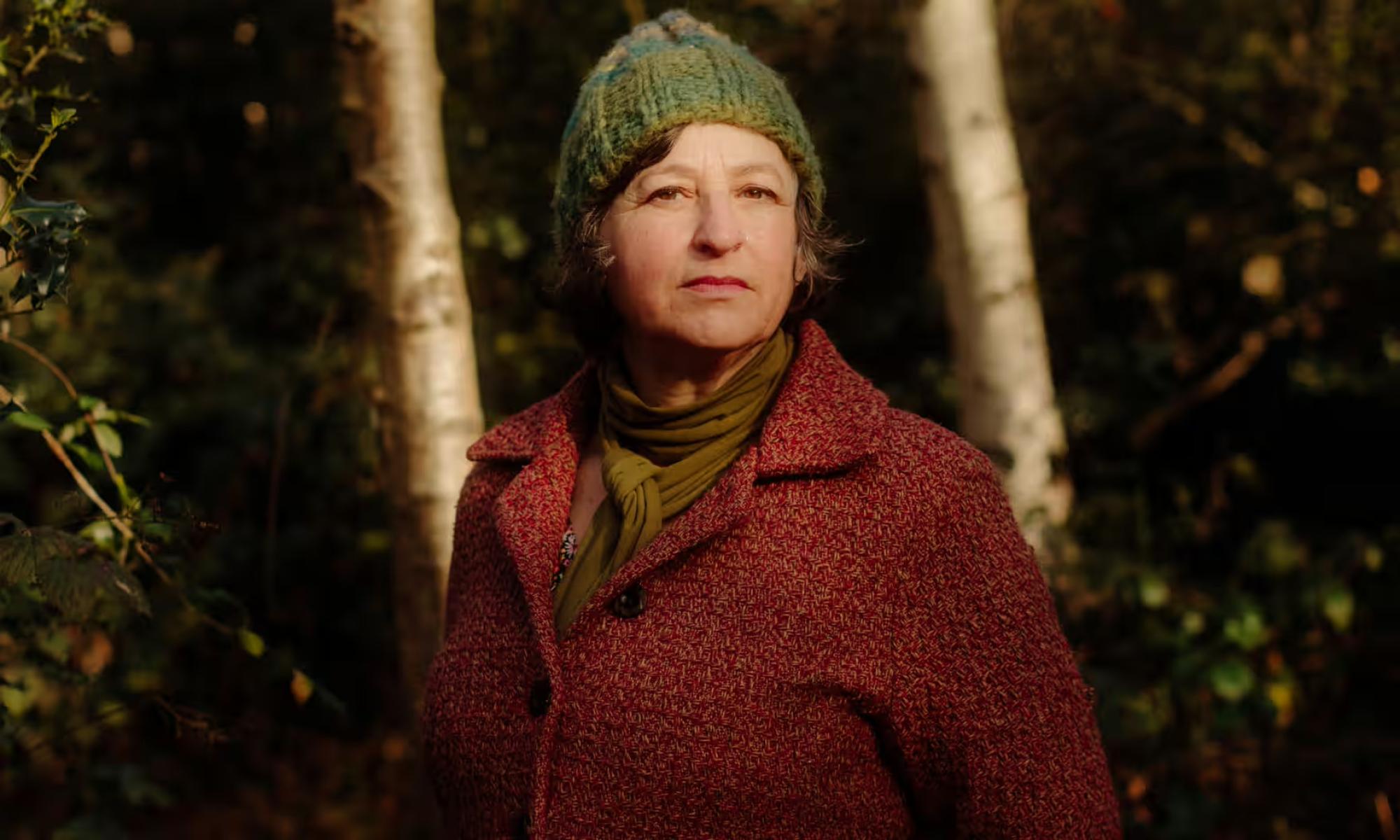Related Stories
‘This feels more like spin-the-bottle than science’: my mission to find a proper diagnosis – and treatment – for my son’s psychosis
Key Excerpts from Article on Website of The Guardian (One of the UK's Leading Newspapers)

Posted: October 29th, 2023
https://www.theguardian.com/society/2023/feb/25/this-feels-m...
Psychosis is often thought to be genetic, or a symptom of brain chemistry gone awry, which is what I was led to believe for much of my journey through the traditional mental health system. [My son] Zach’s first diagnosis was psychosis NOS (Not Otherwise Specified). Later ... he was classified with either schizophrenia, paranoid schizophrenia, depression with psychotic symptoms or, more recently, schizoaffective disorder. I craved solutions, and the more I searched the more confused I became. First, I discovered that no disease markers show up in brain scans or blood tests for any of these so-called disorders. Nobody seems to know for sure what is really going on, which feels more like a spin-the-bottle game than science. The effects of the antipsychotic drugs were intolerable for Zach, far worse than the symptoms that they were meant to alleviate. In Finland, a more radical understanding of extreme distress led to a programme called Open Dialogue which aims to avoid hospitalisation and medication with therapy that revolves around families and other networks, and involves contact, preferably in the person’s home. It has contributed to lowering the suicide rate in Finland; one of the highest in the world in the 1990s, it has dropped by 50% since Open Dialogue began. Despite a quarter of a trillion pounds spent on mental health in Britain since the 1980s, it is the only area of medicine where outcomes have stalled, and by some measures are even going backwards.
Note: Explore more positive stories like this in our comprehensive inspiring news articles archive focused on solutions and bridging divides.
Related Stories
Top Inspiring News Articles
Top Inspiring News Articles from Years Past













































































